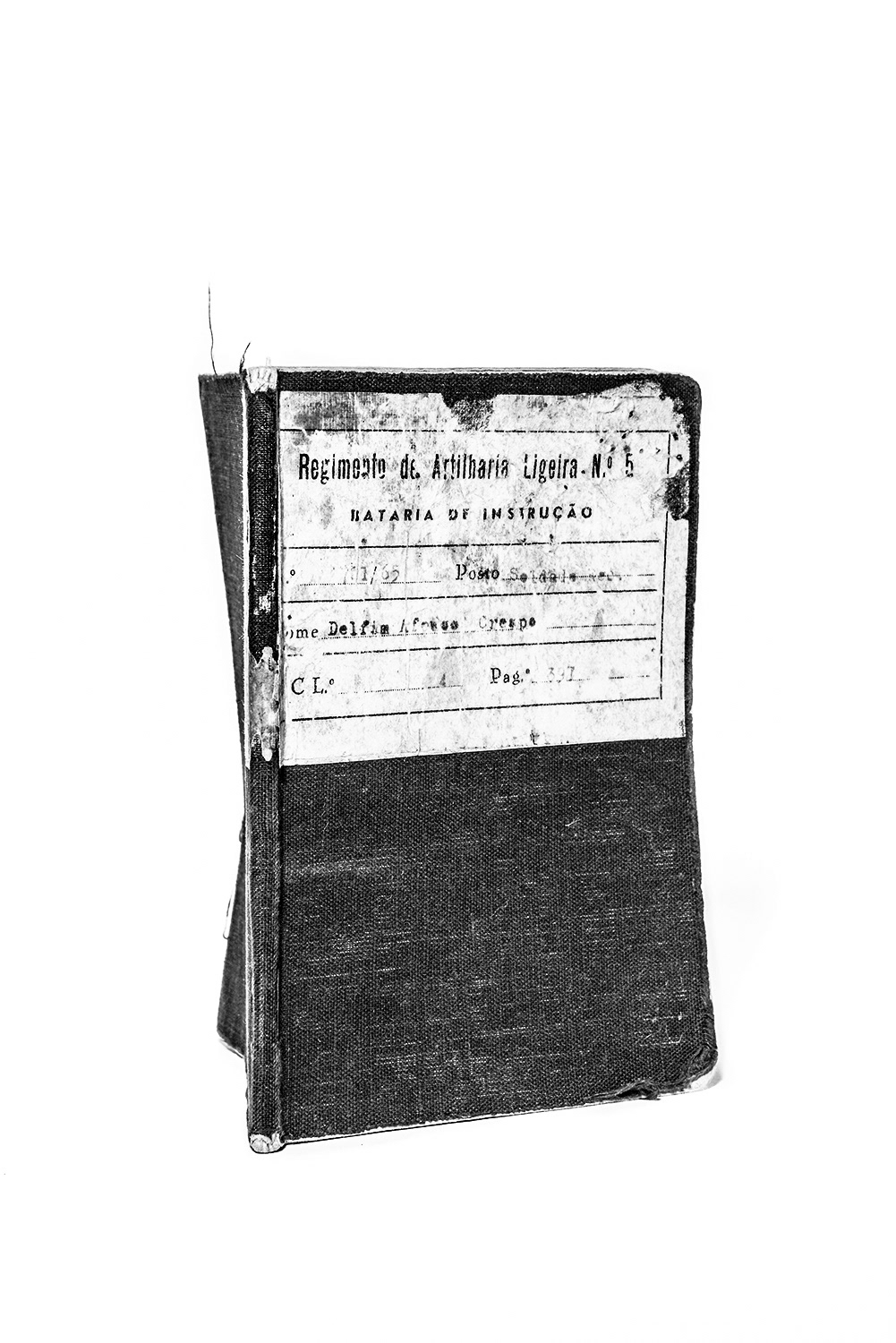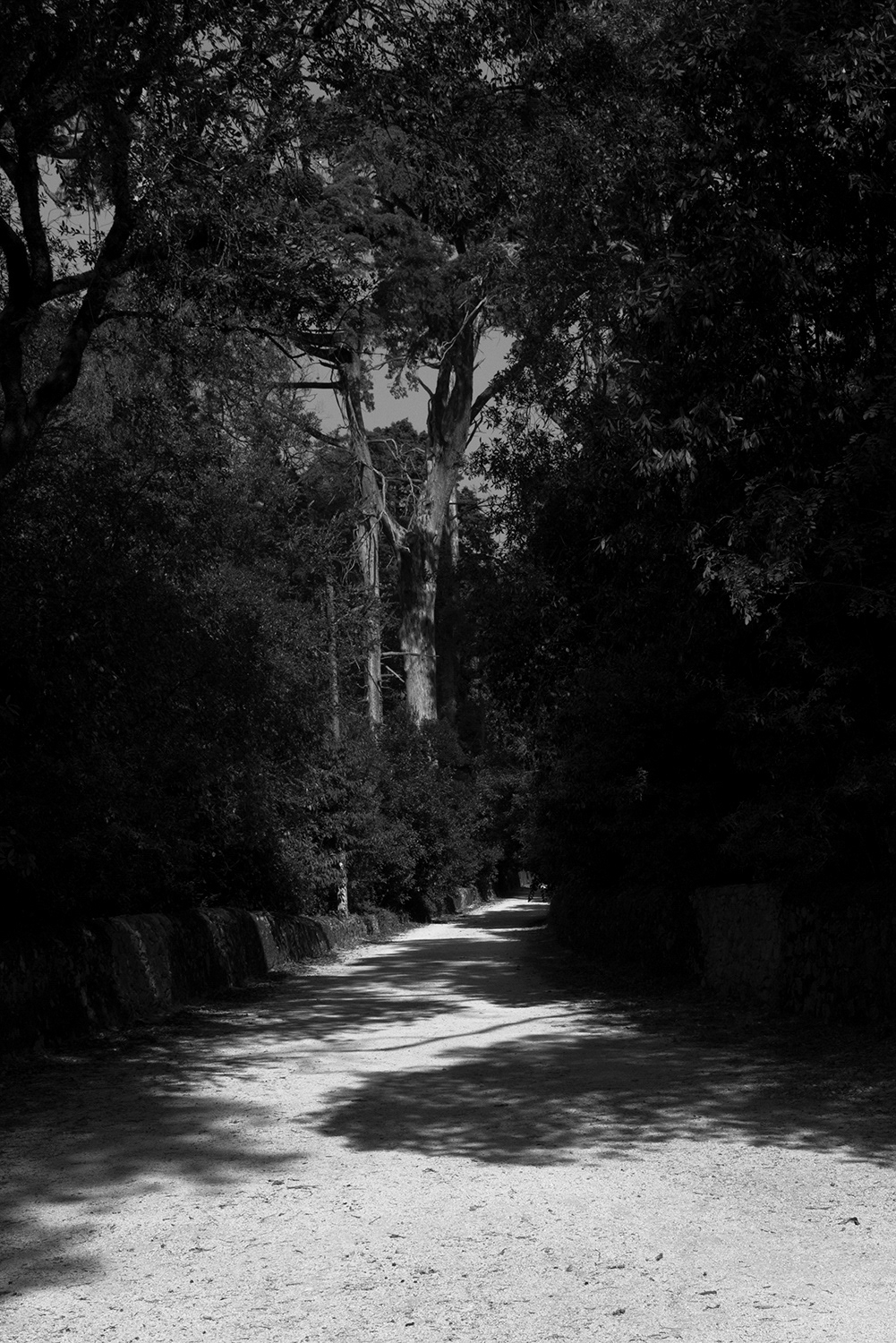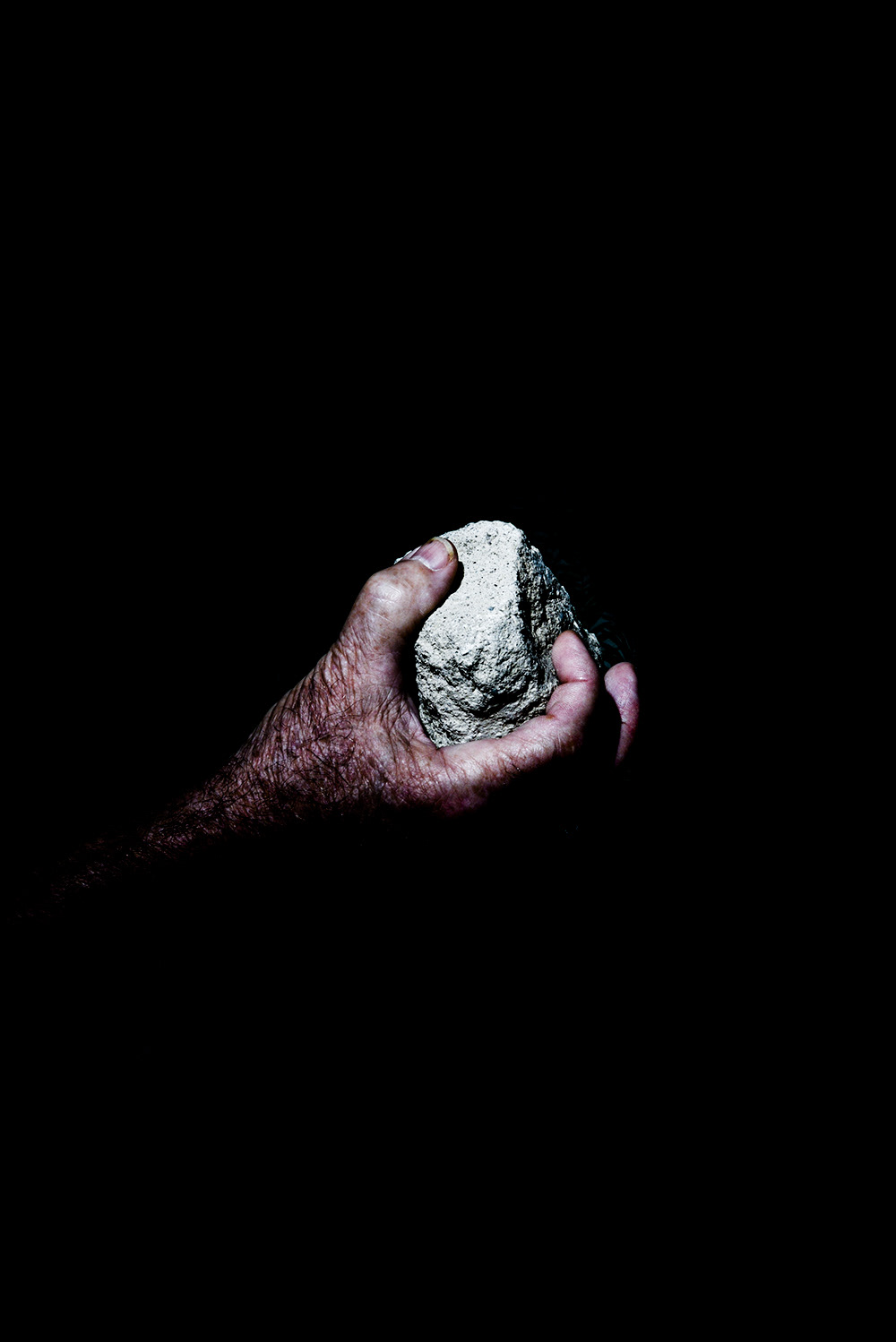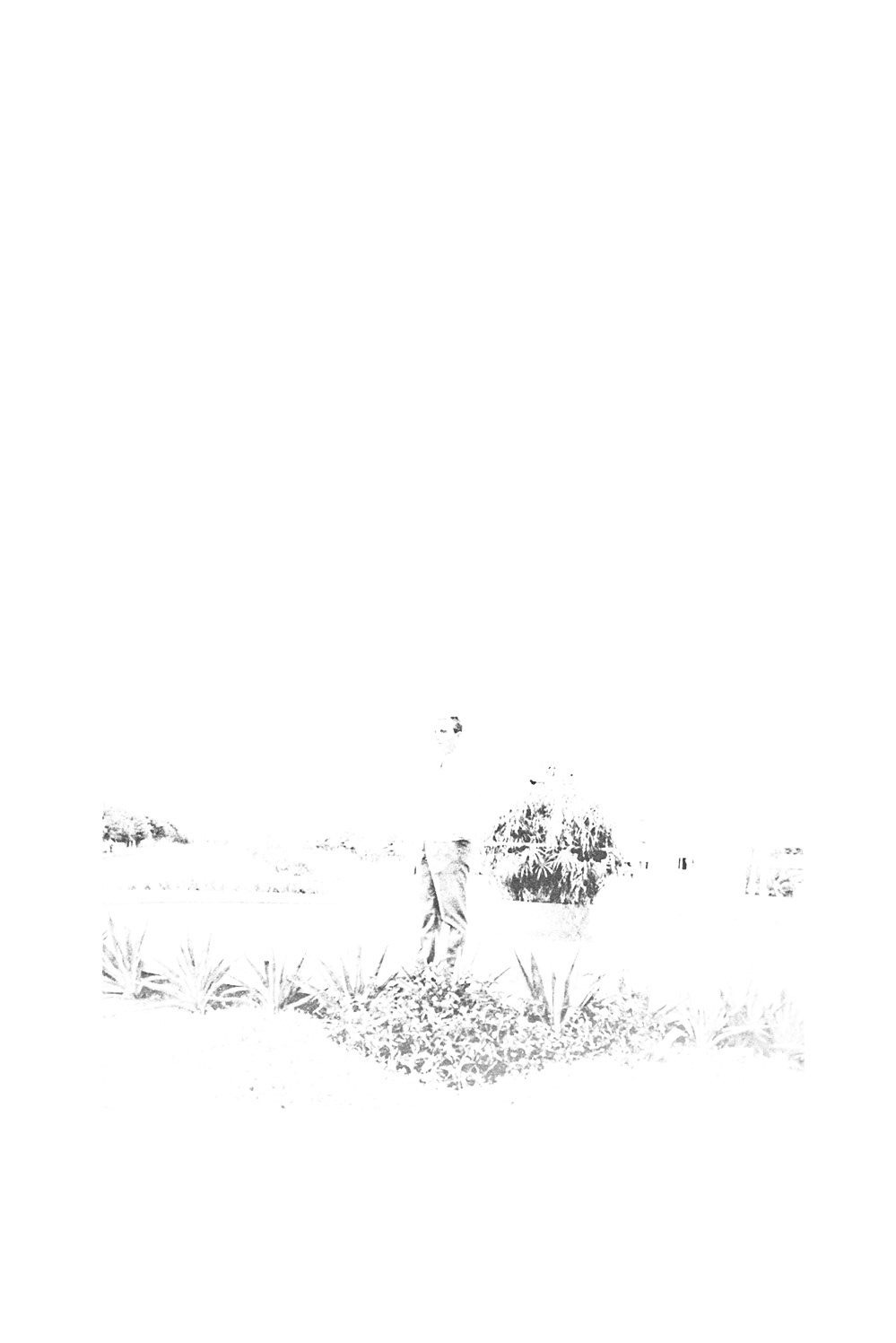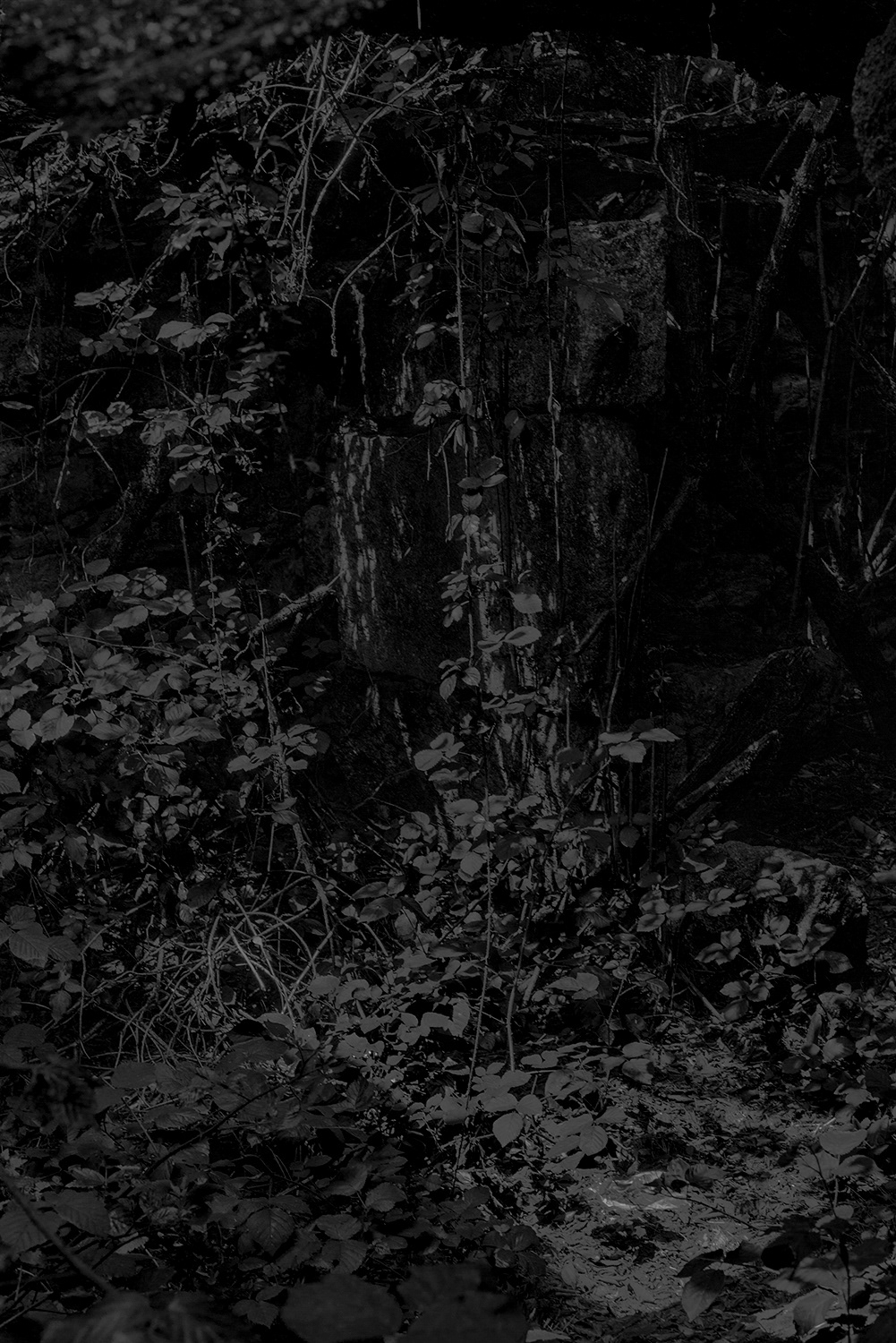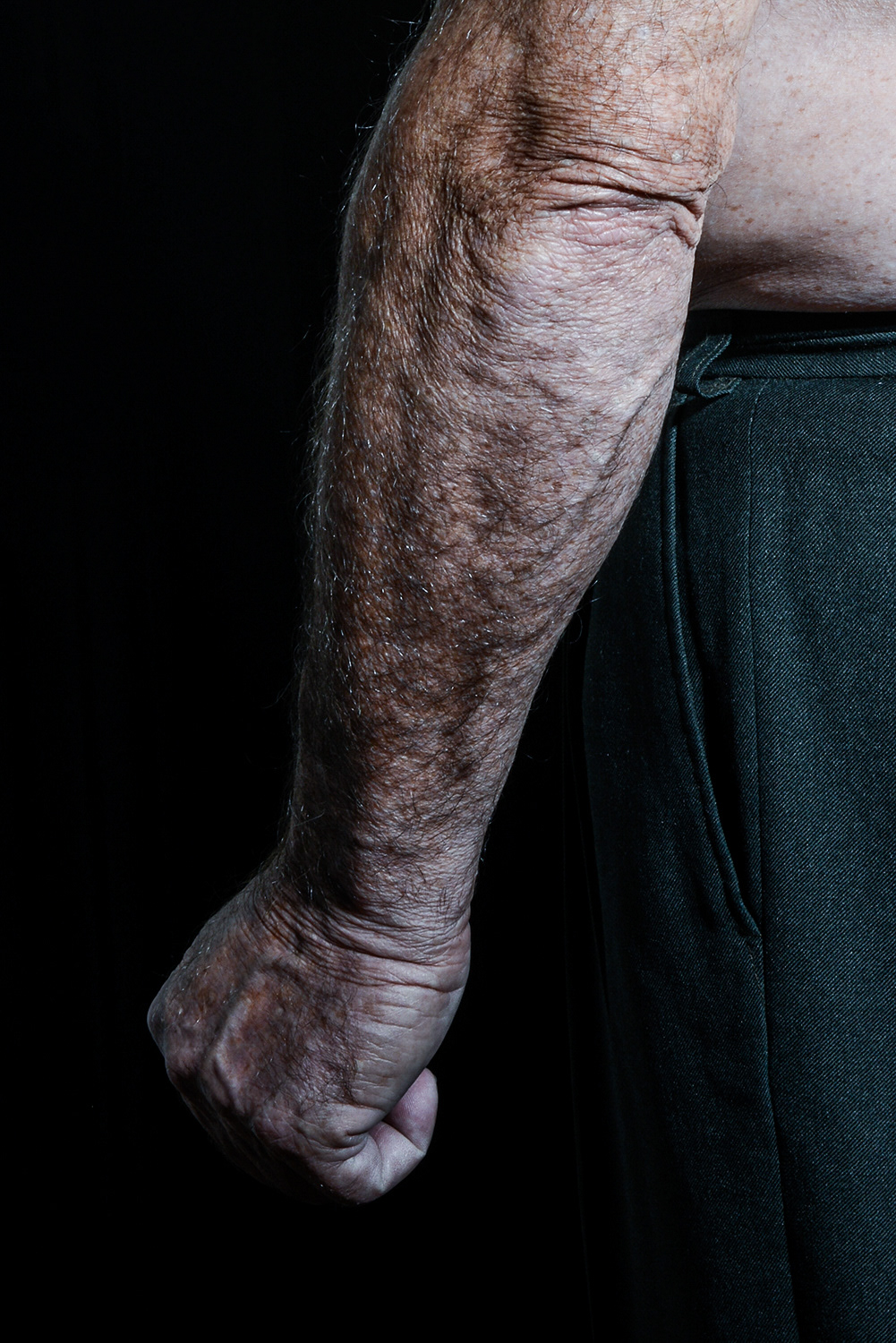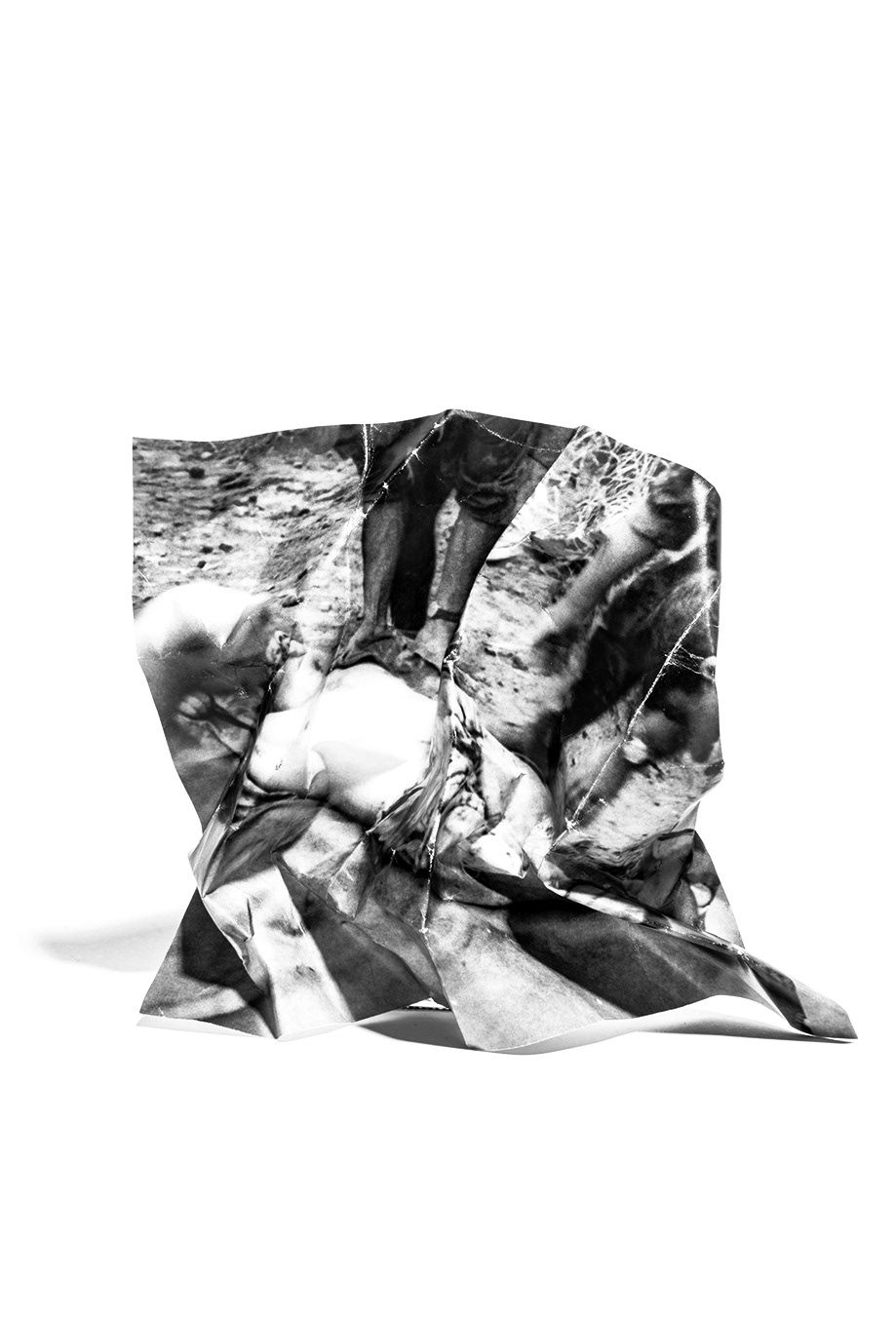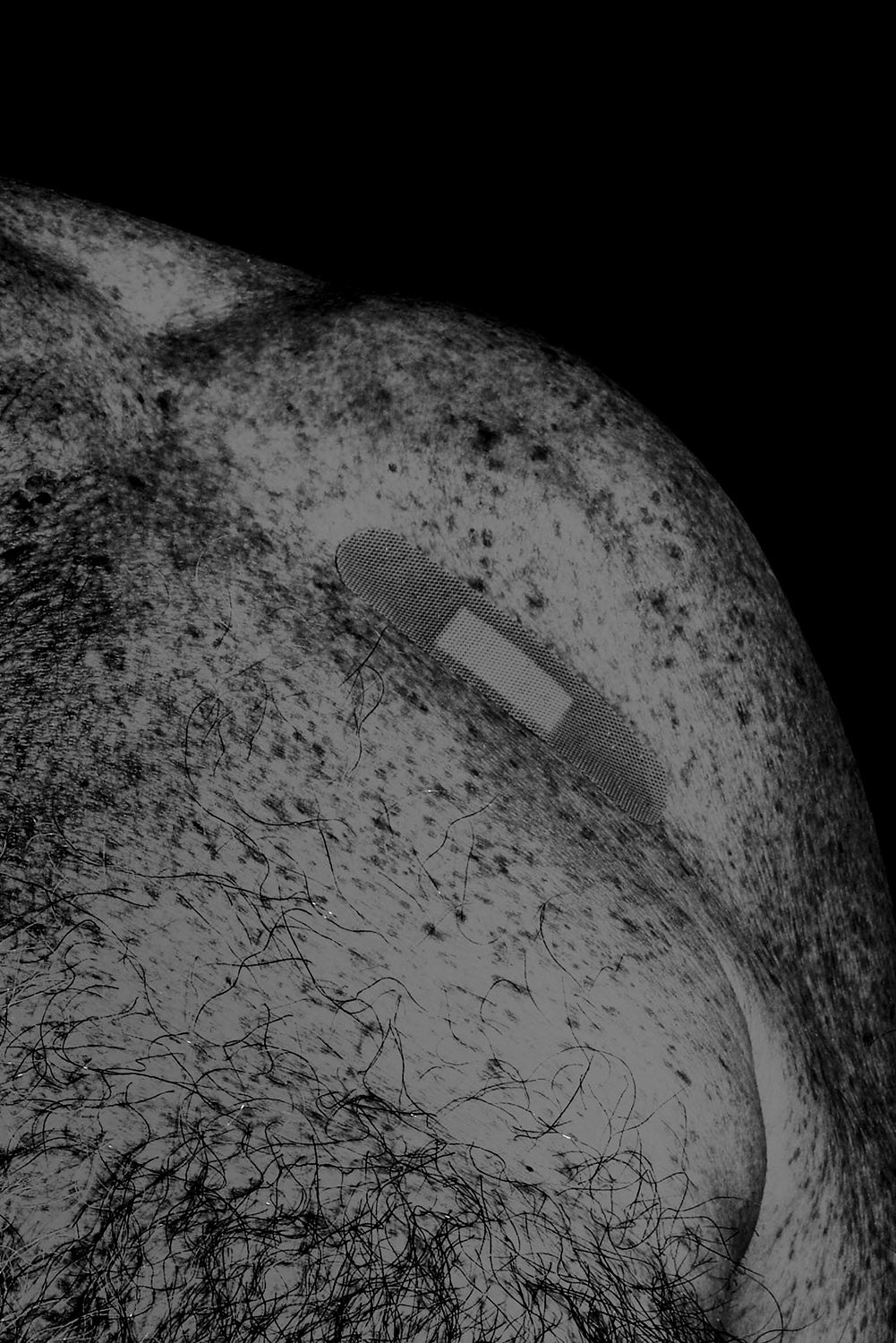Every war ends up being a forgotten war. So are the men who fought.
In January 1966, the Quanza, a Portuguese passenger-cargo ship, departed from Lisbon to Mozambique. On board, hundreds of young men were sent to fight the armed independence movements from the countries occupied by the Portuguese colonial power: Angola, Guinea-Bissau and Mozambique.
The Portuguese Colonial War, fought between 1961 and 1974, was later qualified as the Vietnam of Europe. What really happened there remains in the darkest corners of the minds of those who fought. Most of it was swiped under the carpet of a History that only wants to remember its glory.
How does war shape a man? Amongst the soldiers embarking on the Quanza, there was my father, a son, a husband, a future grand-father, by now an almost forgotten man. Eventually, he came back alive, carrying in his body, the memories of a beautiful and deadly land.
Upon returning - if returning - which part remains a son, a husband, a father and which part is trauma?
The secrets haunting those who return are not only theirs; they are ours. They are silences, unspeakable fears, sleepless nights, shadows and violence. They are a heritage of forgotten wars and forgotten men.
Wars end up being forgotten, except by those who fought.
